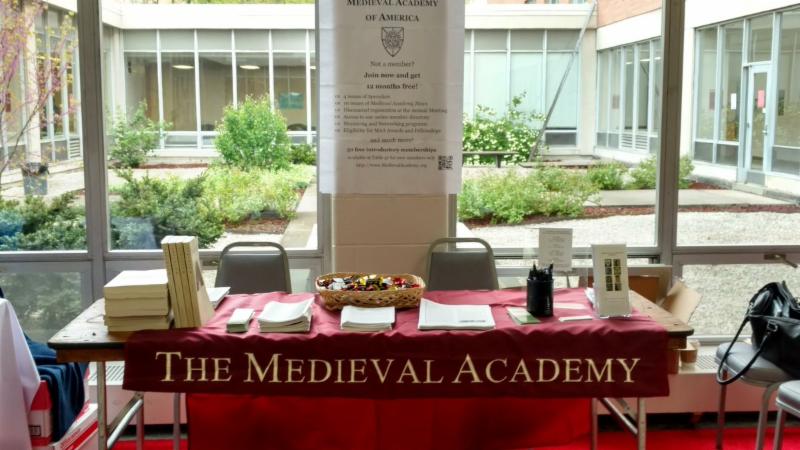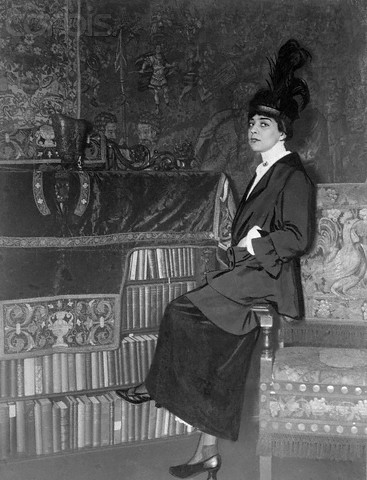 As always, the Medieval Academy of America will have a strong presence at the 2018 International Congress on Medieval Studies (May 10-13).
As always, the Medieval Academy of America will have a strong presence at the 2018 International Congress on Medieval Studies (May 10-13).
1) The Friday morning plenary, sponsored by the Academy, will be delivered by Sara Ritchey (Univ. of Tennessee-Knoxville), “‘Salvation is Medicine’: The Medieval Production and Gendered Erasures of Therapeutic Knowledge” (Friday, 8:30 AM, Bernhard, East Ballroom). Two related sessions organized by Prof. Ritchey and Prof. Monica Green will take place on Friday at 10 AM (Session 211) and 3:30 PM (Session 326). Both sessions will take place in the Bernhard Brown & Gold Room.
2) On Friday at 10 AM, the Graduate Student Committee is sponsoring a roundtable titled “Meet the Editors: Tips and Techniques on Article Submission for Graduate Students (Session 183, Schneider 1220). The GSC reception will take place on Thursday at 5:30 PM in Fetzer 1035.
3) The Committee on Centers and Regional Associations (CARA) is sponsoring two panels this year. The first, “The Twenty-First-Century Medievalist: Digital Methods, Career Diversity, and Beyond,” will take place on Thursday at 1:30 PM (Session 47, Valley III, Eldridge 309). The second, “Teaching a Diverse and Inclusive Middle Ages,” will take place on Saturday at 10 AM (Session 388, Bernhard 208).
4) The annual CARA Luncheon will take place on Friday at noon (Bernhard, President’s Dining Room). If you would like to attend as a representative of your program or institution, please register online. There is no fee to attend, but pre-registration is required. All are welcome!
5) Finally, we invite you to stop by our staffed table in the exhibit hall to introduce yourself, transact any Medieval Academy business you may have, or pick up some chocolate to keep you going during those long afternoon sessions.
See you at the ‘Zoo!




